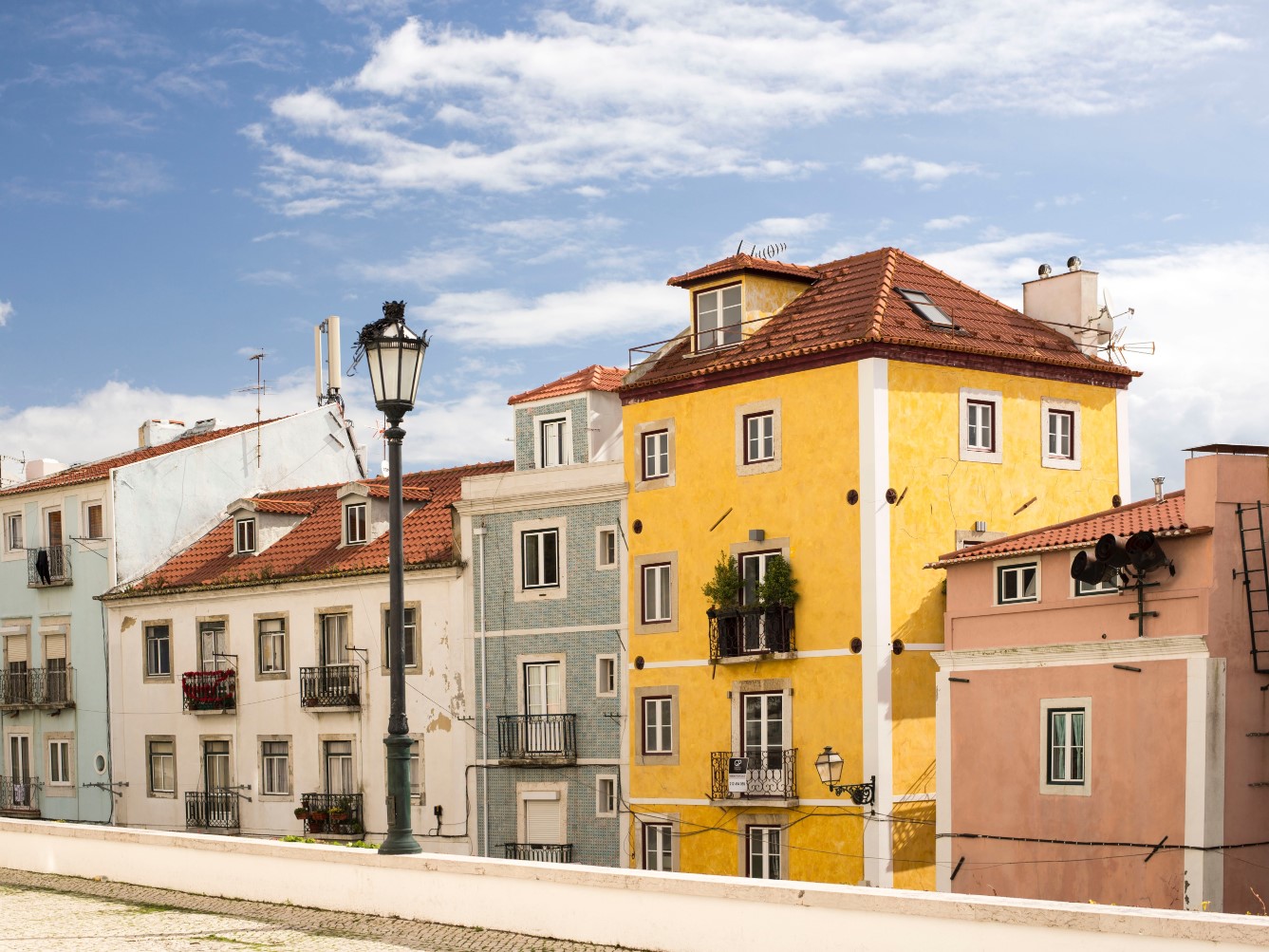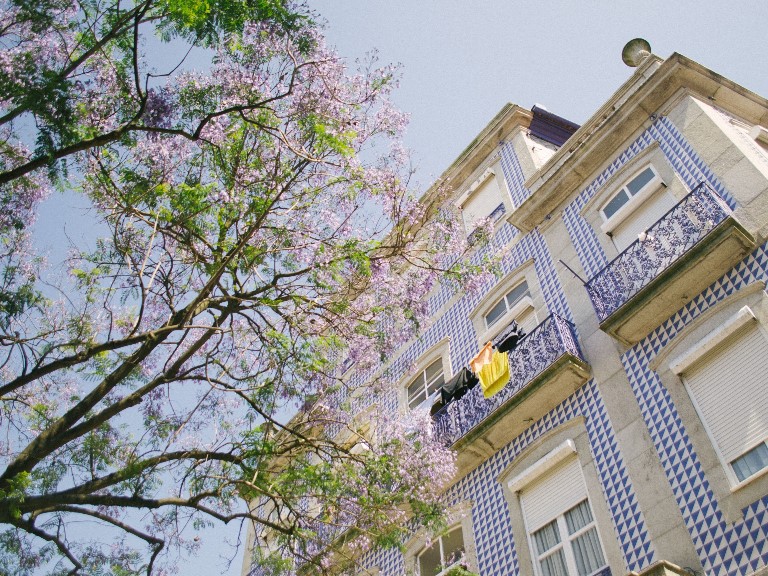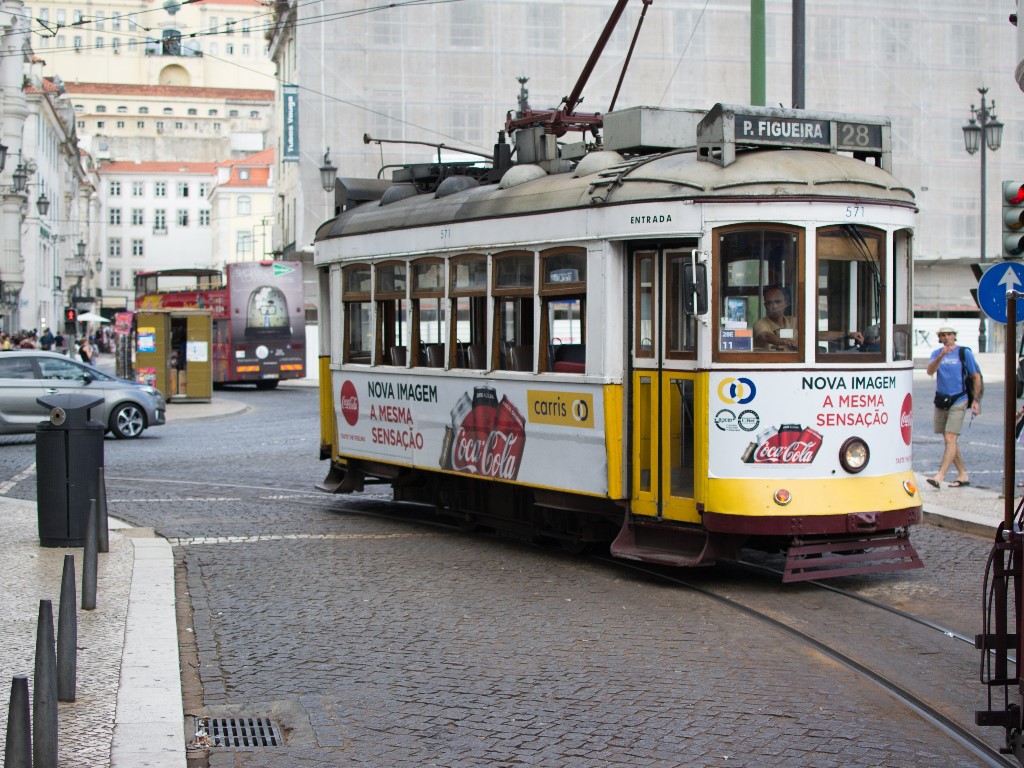História
Lisbon’s history dates back to 300,000 years ago. However, it emerged as a nation state in the early 12th century and ranks as one of the world's longest founded cities. As the legend tells, it is a city founded and named by Ulysses as Ulissipo or Olissopo, which has its origins in the Phoenician words "Allis Ubbo", meaning "enchanting port". It is from there, according to legend, that Lisbon got its name.
Early history of Lisbon was a battlefield for Phoenicians, Greeks and Carthaginians, however it was Romans who started their two-century reign in Lisbon in 205 BC. During Romans period, Lisbon became one of the most significant cities in Iberian Peninsula and renamed Felicitas Julia.
In 714, the Moors arrived to peninsula and resisted against Christian attacks for 400 years. When the Christians finally recaptured the city, it took one more century to repel all the Moors from the peninsula.
The 15th century was the point of departure for the Portuguese Discoveries, an era during which Portugal enjoyed abundant wealth and prosperity through its newly discovered off shore colonies in Atlantic islands, the shores of Africa, the Americas and Asia. Vasco da Gama's famous discovery of the sea route to India marked this century. Lisbon was then world's most prosperous trading centre. Furthermore, many attractions of the city at present such as Mosteiro dos Jerónimos and Torre de Belém, both classified by UNESCO as World Heritage Sites, were built during this period.
However, this era didn’t take long: the earthquake of 1755 destroyed nearly entire city. The city was rebuilt by the Marquês de Pombal, who thus created the Baixa Pombalina, a commercial area that still attains attraction. In the 19th and 20th centuries, the city spread progressively to the North and areas such as the Avenidas Novas (New Avenues) were added.
Today, Lisbon is one of the most beautiful capitals of Europe while still maintaining the marks of its early glorious history.


